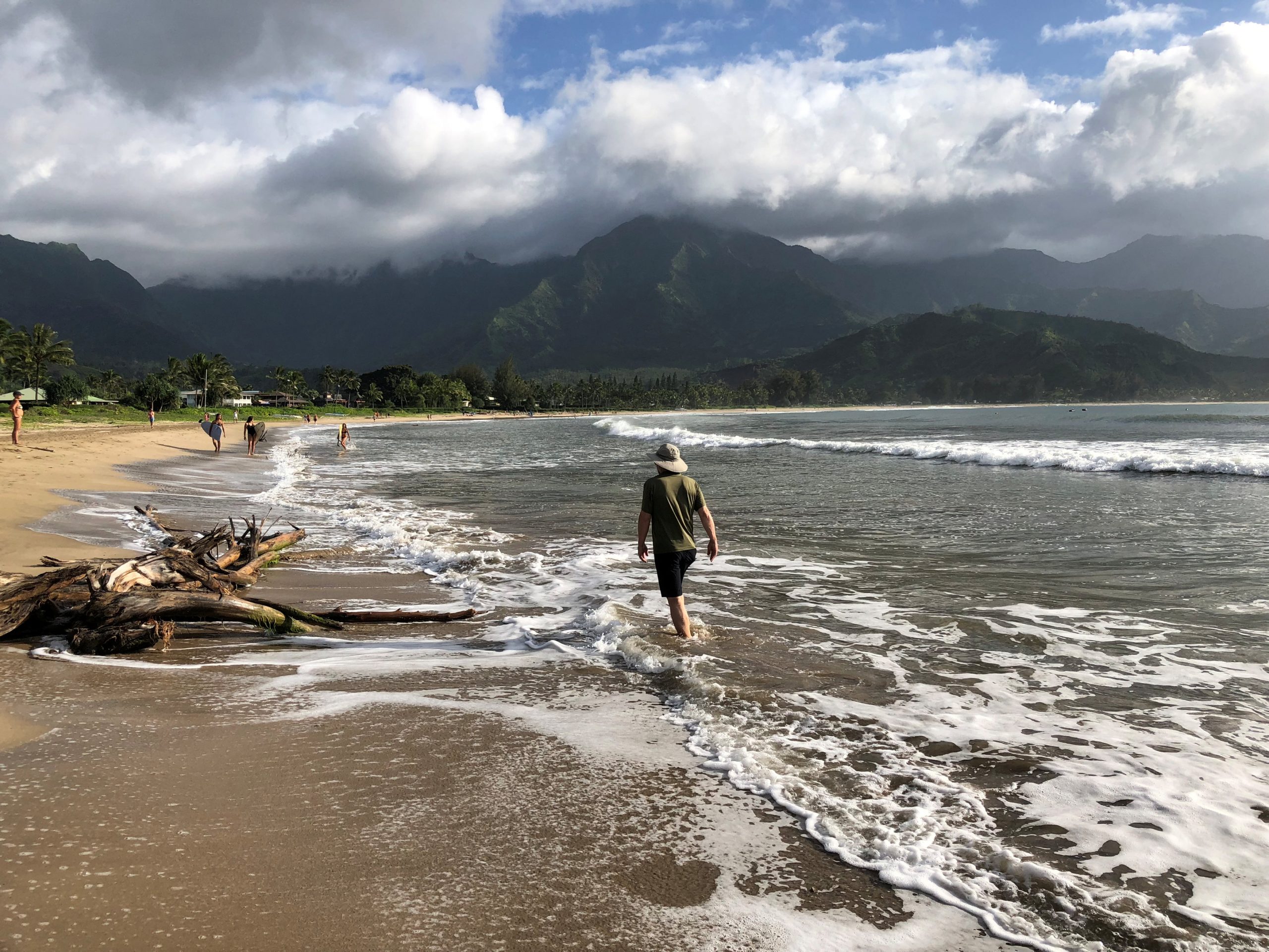Your next trip to Hawaii might come with a fee.
Vacation destinations worldwide are re-evaluating the role tourists play in their communities and the toll overtourism takes on limited natural resources, with some installing new fees for visitors. Hawaii, which hosted more than 9.5 million last year, is the latest to consider a tourist fee that leaders say will pay to protect beaches and prevent wildfires.
The proposed $25 flat fee—which would be collected when visitors check into a hotel or short-term rental—is working its way through the statehouse and could be approved this spring.
Now the state, home to 1.4 million residents, needs tourists as Maui recovers from the devastating Lahaina wildfires that killed at least 100 people last year. Visitor numbers have fallen in recent months, as has tourist spending compared with 2022, according to a state report .
Greece and New Zealand are among destinations that now charge tourists a so-called climate tax, which can range from just over $1 to $100. This month, Bali started charging all foreign tourists a $10 fee to promote more sustainable tourism. This spring, Venice will charge a day rate to combat overtourism and cap day-trippers.
“It’s a very small price to pay to preserve paradise,” said Hawaii’s Democratic governor, Josh Green, in an interview.
Some in Hawaii’s tourism industry say the current proposal could further burden businesses still struggling to recover after the wildfires by forcing them to change their accounting systems. Others say tourists would be more receptive to a fee that directly benefits the state parks and beaches they visit. Few expect the fees to dissuade travelers from coming to Hawaii.
Where the money goes
Last year, the Legislature debated a $50 green fee that would grant visitors a license to visit state parks and beaches. It failed in the final hours of the legislative session.
The current climate-fee measure doesn’t raise taxes or fees on Hawaii residents, and places some responsibility for the natural resources on visitors and would increase awareness for the effects of climate change, Green has said. He projects the fee will bring in $68 million annually. Green said the money will go to establish a state fire marshal, install fire breaks to protect vulnerable communities and help with disaster prevention.
Green also proposed that half of the fee revenue go toward disaster insurance. Without it, he said, high-risk areas will have trouble rebuilding and attracting investors .
The $25 fee isn’t the only option legislators are considering. They might also increase the state’s hotel tax, which is among the highest in the country. The hotel industry has balked at raising this tax.
Any fee must be part of a larger legislative effort to put more money into protecting natural resources, says Nahelani Parsons with the Care for ‘Āina Now coalition, an environmental advocacy group. Visitors come to see Hawaii’s natural beauty, Parsons said, and failure to invest in preserving it puts the state and its people at risk.
Other climate fees
Travelers might expect more tourist taxes as destinations figure out how to charge visitors for the effects of their visits.
Some, including New Zealand and Iceland, have successfully evaluated the additional costs for tourism-related infrastructure, said Megan Epler Wood, managing director for Cornell University’s Sustainable Tourism Asset Management Program. But there isn’t yet a globally consistent system that looks at the social, economic and environmental costs of tourism. (Her program is working on testing various models at sites around the world.)
Fees have become more common in nature-oriented destinations, said Samantha Collum, director of operations for River Oaks Travel Concierge in Houston. Because the charges are a small portion of the total trip costs, travelers don’t balk at paying them, she said, especially when traveling to enjoy nature.
Greece now charges visitors what it calls a climate crisis resilience fee that is added onto lodging bills. The country plans to use the funds to finance reconstruction from wildfires and floods that ravaged several towns in 2023.
Visitors to five-star properties pay about $11 a night during the peak months of March to October. Guests at short-term rentals and one-star hotels pay about $1.60 a night during those months.
The island nation of Palau charges international travelers a $100 fee to help promote responsible ecotourism and support conservation.
And since 2019, New Zealand has charged international visitors a flat fee of about $21 to pay for conservation projects and infrastructure.
The fee means international visitors directly contribute to the infrastructure they use while helping to protect the natural places they enjoy, said Danielle McKenzie, a tourism policy manager with the Ministry of Business, Innovation and Employment.
The fee is expected to generate nearly $50 million this fiscal year, McKenzie said, and has helped fund projects to eradicate invasive pests and promote careers in tourism and hospitality.
Sign up for the WSJ Travel newsletter for more tips and insights from the Journal’s travel team.
Write to Allison Pohle at allison.pohle@wsj.com



